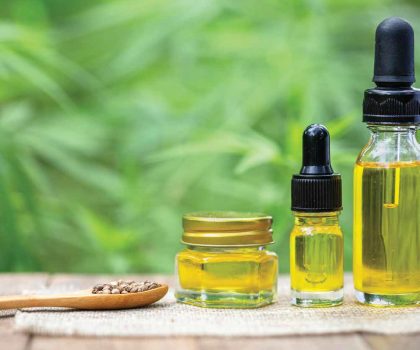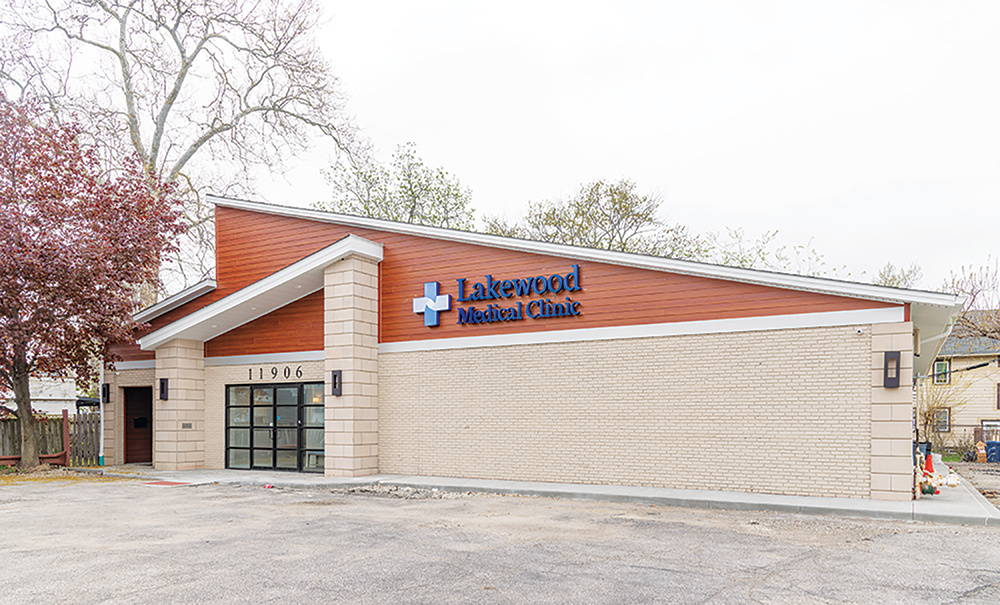Do you need more than CBD?

By Olivia Bloom
With the explosion of the CBD market, the substance is popping up in everything from breakfast tea to skin creams and dog treats.
According to researchers, “CBD” is duking it out with “yoga” and “e-cigarettes” for the highest number of Google searches.
It’s been touted as a panacea for pain, inflammation, anxiety, acne and sleep issues. But after sipping, applying and ingesting the substance, shouldn’t you be asking yourself if it’s really working?
What Exactly is CBD?
CBD (short for cannabidiol) is one of hundreds of cannabinoids, or compounds, found in the cannabis sativa plant (marijuana and hemp). It does not produce the same “euphoric” effect as the other main cannabis compound, THC.
“There are other cannabinoids that can work together to create an entourage effect and help treat symptoms more powerfully than just CBD,” says Dr. Dvora Nelson, who is fellowship trained at the American Academy of Cannabinoid Medicine in California. She founded Lakewood Medical Clinic with her partner, Lenny Berry, last year as a holistic medical practice staffed by Certified Marijuana Physicians who specialize in Cannabinoid Medicine to help patients manage chronic pain and illnesses.
Dr. Nelson offers a terrific metaphor for CBD versus other elements of medical marijuana. “It’s like using just salt in cooking, which is only one component to making a dish. You can also add pepper, garlic and spices to make it just right.”
Each component to medical cannabis can produce a different reaction, like if a patient needs to be more awake or needs help getting a better night’s sleep.
“Our doctors figure out and recommend the best combination of cannabinoids, with higher or lower concentrations of these compounds, to address each patient’s condition,” she says. “Patients consume cannabis through vaporization, topicals and edibles.”
Going Beyond the Recommendation
The staff at Lakewood Medical Clinic takes time with each patient during the consultation, evaluating their medical history, ailments and symptoms.
“They target a therapy precisely to fit your needs,” she says. “One advantage our clinic offers is that we invite our patients back after purchasing their medication for complimentary cannabis coaching to make sure they are comfortable using their product and that it is working.”
“Our physicians offer patients guidance on how to manage their own care,” she continues. “There has been a rise in the number of clinics recommending medical cannabis. Our doctors are different. They take time to go over a patient’s unique condition before recommending the exact dosage.”

Who Benefits Most?
Medical cannabis can legally treat 21 qualifying conditions, as approved by the State of Ohio. Some of the more common ones include dementia, cancer, fibromyalgia, PTSD, multiple sclerosis, glaucoma, Parkinson’s, ALS and inflammatory bowel diseases, such as ulcerative colitis and Crohn’s disease.
You can make an appointment at the clinic if you have one of these qualifying conditions. After meeting with you, doctors can write you a recommendation that you take to one of the 40 currently open licensed dispensaries to purchase your medication.
“The average age of our patients is around 60 and the primary reasons they come to us is for chronic pain, fibromyalgia and PTSD,” says Dr. Nelson.
The Chemotherapeutic Benefits of THC
Dr. Nelson reports that medical cannabis is a wonderful treatment for the side-effects of cancer treatment, such as nausea, vomiting and chronic pain.
“But there is also very promising research that THC has its own chemotherapeutic effect,” she explains. “THC triggers apoptosis, or natural cell death. In simplest terms, the growth of cancer is caused by cells that lose their natural trigger to die and outgrow their space, forming tumors. THC has been shown in mice to slow cancer growth and metastasis.”

Educating Those Who Are Cannabis-Curious
This summer, Lakewood Medical Clinic hosted the Ohio Cannabis Health Summit and the turnout was overwhelming.
“People want to know more,” she says. “And our comprehensive lineup of expert speakers did an excellent job of exploring the subject of medical marijuana in all its forms. Look for more of these seminars to come in 2020, as the demand for information is definitely there.”
Educating people is in keeping with the mission of the Lakewood Medical Clinic, which is to destigmatize medical cannabis so that the patients who could most benefit from it—those who are suffering—can find the natural, holistic relief they deserve.
Lakewood Medical Clinic is at 11906 Madison Avenue in Lakewood. Medical marijuana is not covered by insurance, however the cost can be lower than conventional medications. For more information or to schedule an appointment, call 440-809-8450, or visit LakewoodMedicalClinic.com.
